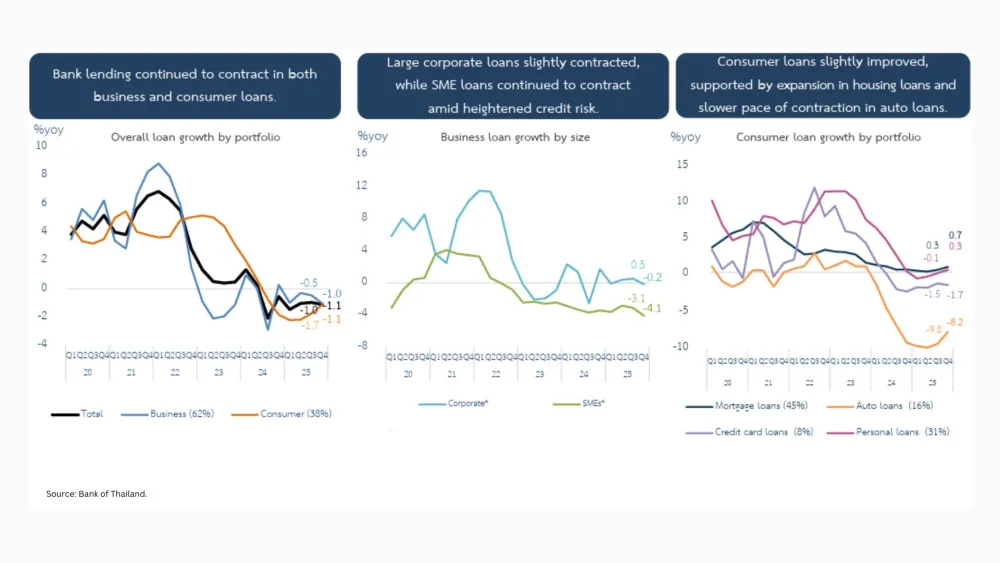
Financial regulators in ASEAN pledge to bolster partnerships, region to grow 4.5%
The ministers and governors discussed maintaining strategies amidst geopolitical tensions, debt, and sustainability hurdles.
ASEAN Finance Ministers and Central Bank Governors Meeting (AFMGM) promised to focus on monitoring the progress of Priority Economic Deliverables (PED) and tackling critical issues, such as economic recovery and stability (Recovery-Rebuilding), digital financial inclusion for growth (Digital Economy), and green finance promotion (Sustainability).
Despite global uncertainties, ASEAN's economy is projected to grow by 4.5%, surpassing the global average. It has managed interest rates and exchange rates effectively, showcasing resilience to global economic shifts.
Last 25 August, Indonesia hosted the 10th AFMGM in Jakarta. This chairmanship aims to address post-COVID-19 global challenges by formulating collective policies for immediate concerns and long-term economic development in the region.
Key discussions at AFMGM revolve around maintaining strategic momentum amid geopolitical tensions, debt pressures, and sustainability challenges.
There is an emphasis on strengthening macroeconomic policy coordination and risk management as regional priorities.
Indonesian Finance Minister Sri Mulyani stressed the importance of strengthening the macroeconomic policy mix in ASEAN countries to ensure regional economic stability through well-coordinated policies.
To support long-term sustainable growth in ASEAN, AFMGM highlighted efforts to enhance regional infrastructure financing by repositioning the ASEAN Infrastructure Fund (AIF) as the ASEAN Green Fund. Member countries agreed to align AIF financing with the ASEAN Taxonomy for Sustainable Finance, improve AIF processes, and work on recapitalisation and optimisation of existing capital.
ALSO READ: Vietnam’s central bank signs into regional cross-boundary payment system
AFMGM also emphasised promoting transition financing for low-carbon economic achievements in ASEAN through discussions on ASEAN's Sustainable Finance Taxonomy Version 2.
ASEAN Finance Process 2023 promotes cross-sectoral collaboration, focusing on Financial-Health and Food Security initiatives. Finance and Health Ministers addressed pandemic prevention, preparedness, and response funding gaps, mobilising resources like the ASEAN COVID-19 Response Fund. To enhance food security, ASEAN aims to improve food policies, accessibility, SMEs' financial access, and trade facilities.
On the monetary side, Bank Indonesia's Governor Perry Warjiyo highlighted ASEAN's commitment to integration through initiatives like Local Currency Transactions (LCT) and Regional Payment Connectivity (RPC), endorsed at the May 2023 ASEAN Summit.
Central bank-related discussions centred on optimising macroeconomic policies, fostering an environment for growth, digitalisation, structural reforms, and green finance. Expanding the ASEAN Local Currency Transaction Framework and Regional Payment Connectivity aims to strengthen regional economic integration.



















 Advertise
Advertise










